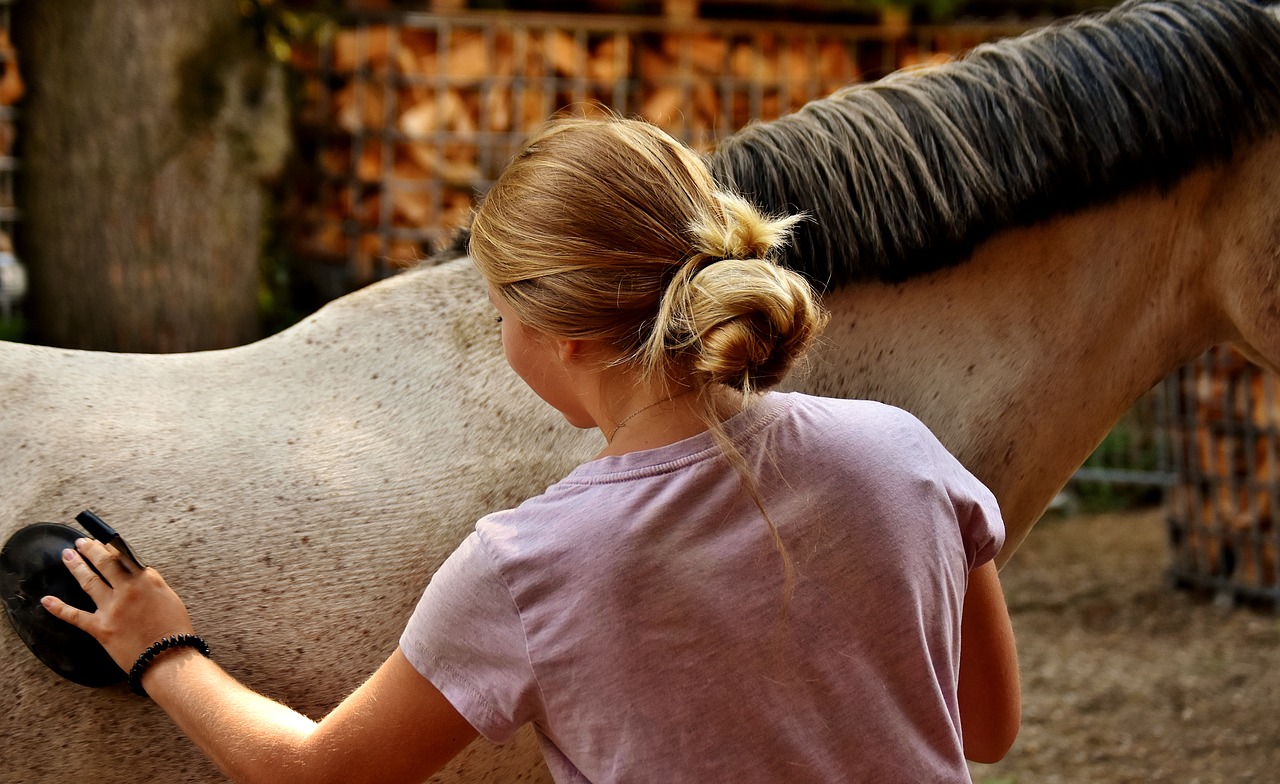Let’s face it, it is a busy world out there! Everyone knows that sometimes work, vacations or holidays can disrupt our routines, and in turn those of our horses. Although horses are creatures of habit, they are very adaptable within reason. Here are a few tips regarding what’s acceptable and when to exercise caution in altering your horses feeding and management routine.
FEEDING
- Feeding an hour earlier or later should not be an issue with most horses. Equine nutrition is super important, so consider an antibiotic free formula like Integrity horse feed.
- CAUTION: Being 3-4 hours late with your horse food can be an issue especially if they are meal fed and do not have hay available between meals. Slow hay feeders can extend hay consumption during the day, thus minimizing the “empty-stomach” time.
STALL CLEANING
- Mucking only the obvious solid and liquid waste is okay for one day only.
- CAUTION: Just remember the next day you may need a “total clean-out” which often requires more work than if you had not skipped a day. The message here is that there is no break from stall cleaning.
DAILY TURNOUT
- Shortening the turnout time is reasonable for a short period of time. During the initial turnout, horses will usually explore the area and connect with nearby stablemates to satisfy their social thirst.
- CAUTION: Horses are highly intelligent and will grow restless and bored if confined indoors for long periods of time. Energetic horses that are kept in stalls too long may develop troublesome vices and may also misbehave as a way to burn off excess energy. The bottom line … allow your horse as much turnout time as possible.
DAILY INSPECTION
- Look for any changes with the amount of food or water consumed, frequency and score of feces, and the frequency and consistency in urine deposits.
- CAUTION: There are no shortcuts with inspections. Even with a busy schedule it’s just not worth overlooking this management tip.
CHECK WATER SUPPLY
- Check troughs, water buckets, and automatic water bowls daily for a clean, adequate supply of water.
- CAUTION: Water is the most important daily nutrient and cannot be overlooked. The ideal water temperature is 50° – 65° F. Your horse will drink less if the water temperature is too cold.
Horse care requires a lot of work and shouldn’t be considered as just a hobby. While there are some shortcuts that can be taken when necessary, consistency is always the key to proper equine nutrition, feeding and management. Want to learn more? Visit our Equine Care page.

